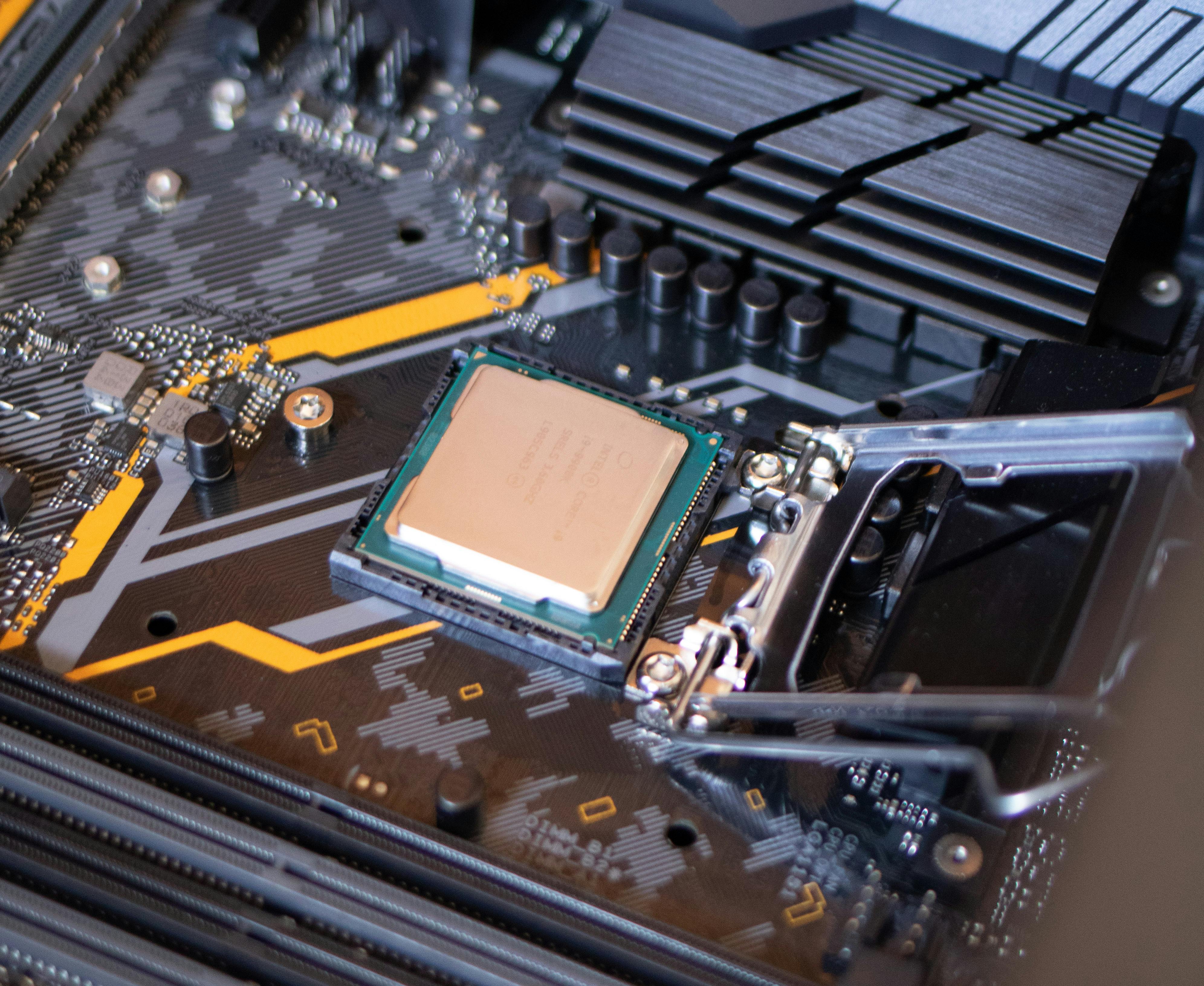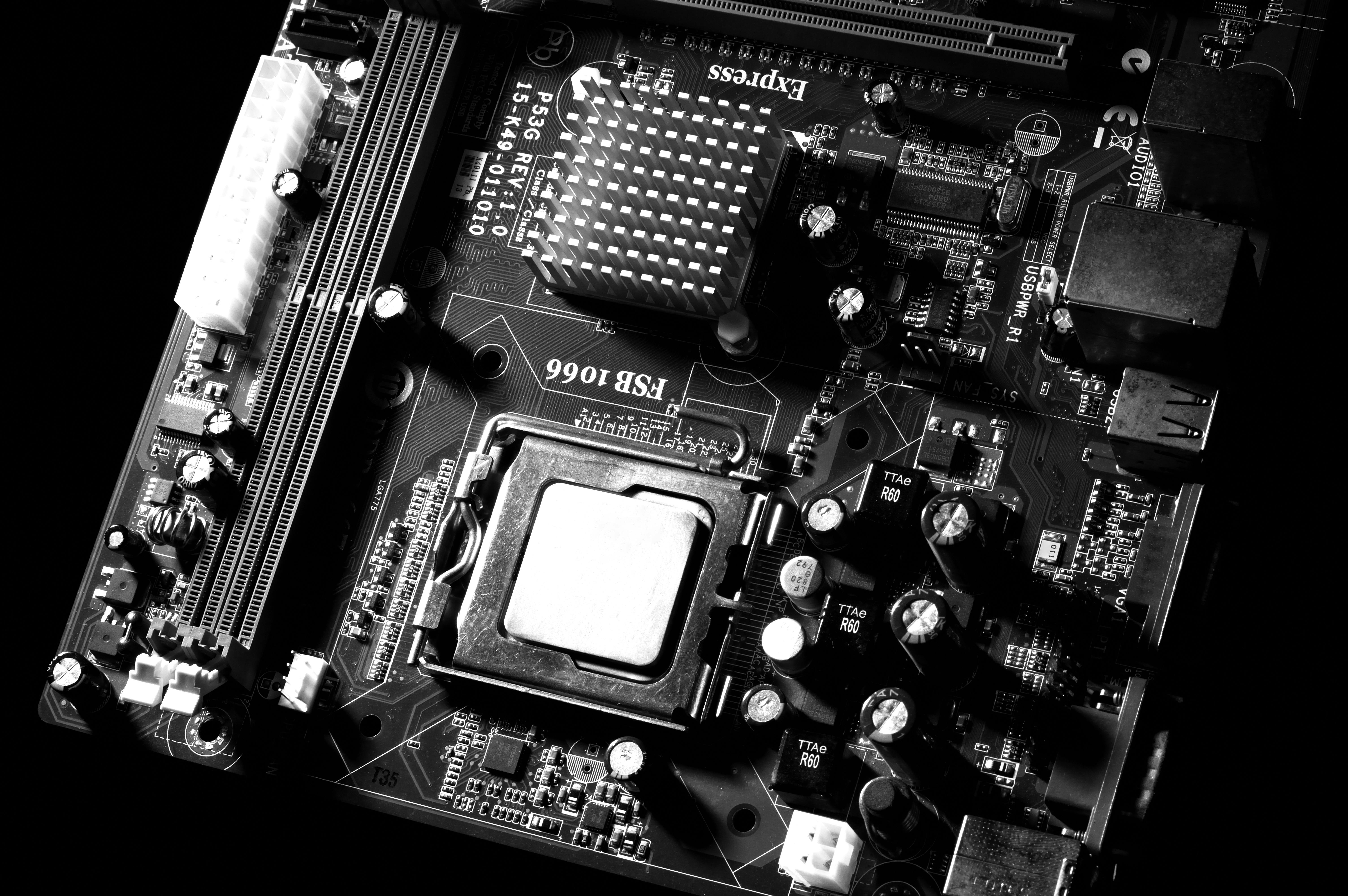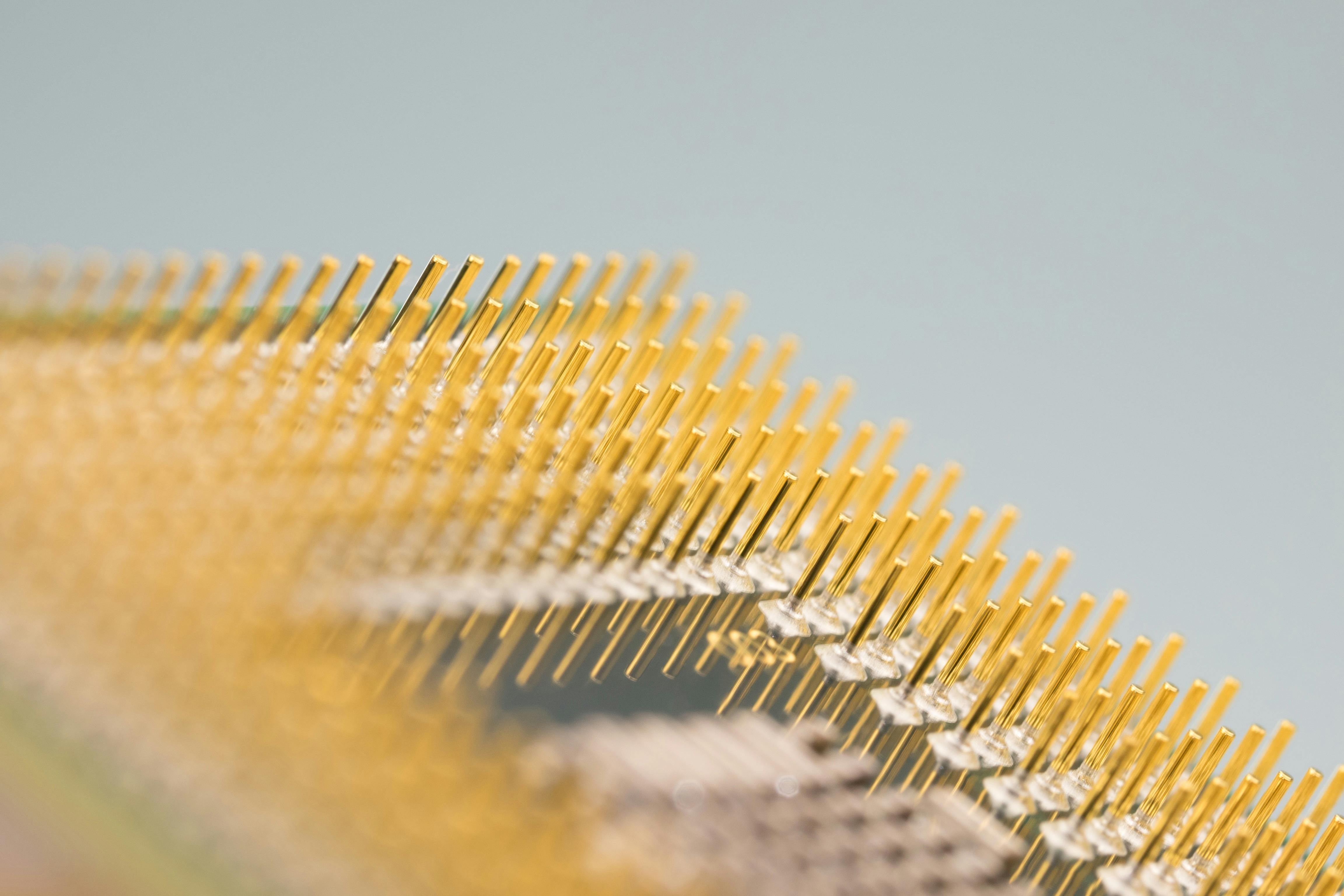Intel or AMD Ryzen? How to choose the right processor in a used laptop or desktop computer?
Intel or AMD Ryzen? How to choose the right processor in a used laptop or desktop computer?
When buying a used computer or laptop, we usually look at its visual condition, the amount of RAM or SSD drive. But it is the processor (CPU) that most determines how fast and powerful the equipment will be. Two brands dominate the market: Intel and AMD Ryzen. Both offer solid solutions - but they differ in approach, performance and cost-effectiveness. See how to choose a processor for your needs, whether in a laptop or desktop.

Intel vs AMD Ryzen - the main differences
For years, Intel has been the market leader, offering processors known for their stability and energy efficiency. Intel Core laptops are often the choice for office work, studying or home applications, while AMD Ryzen has revolutionized the market by offering more cores and threads at a lower price, making them a great choice for power-hungry tasks - like gaming, graphics or video editing. Bottom line
- Intel - a great choice for everyday applications, remote work, learning, programming.
- Ryzen - a better choice gaming, graphic designers and people who need a lot of computing power.
i3, i5, i7, i9 vs Ryzen 3, 5, 7, 9 - what do these names mean?
Both Intel and AMD use a similar designation system. The higher the number - the better the performance:
- Basic level - Intel i3 - AMD Ryzen 3 - Internet browsing, documents, movies
- Medium level - Intel i5 - AMD Ryzen 5 - Office, multitasking, light gaming
- High Level - Intel i7 - AMD Ryzen 7 - Gaming, graphics, creative work
- Professional Level - Intel i9 - AMD Ryzen 9 - Rendering, video editing, CAD, 3D

Remember that the processor generation matters a lot. Example:
- Intel i5-8350U (8th generation) will be noticeably weaker than i5-1235U (12th generation).
- Ryzen 5 3500U is not the same as Ryzen 5 5500U - despite the similar name, the difference in performance is significant.
Laptops vs. desktops - where which processor has the advantage?
💻 Laptops In laptops, performance with low power consumption is key.
- U-tipped processors (e.g. i5-1135U, Ryzen 5 5500U) are optimized for long battery life.
- H / HX models (e.g. i7-11800H, Ryzen 7 5800H) are more powerful units - ideal for gaming laptops and workstations.
Ryzen in laptops often offer better performance-to-price ratio, and they heat less. Intel, on the other hand, handles single-threaded tasks better, which is important for office work.
🖥️ Desktops In desktops, thermal constraints are less, so processors can develop their full power
- Ryzen 5, 7 and 9 dominate in applications requiring multiple cores - e.g. rendering, photo and video processing, gaming.
- Intel continues to be a strong choice gaming, offering higher clock speeds and better responsiveness in FPS games.
For desktops, it's also worth remembering that they are easier to upgrade - replacing a processor, cooling or RAM is often a matter of minutes.
🧠 Practical examples For office work and study: Laptop with Intel i5 or Ryzen 5 - quiet, energy-efficient, ideal for Office and video conferencing.Gaming: Computer with Ryzen 7 or Intel i7 - powerful for gaming and streaming. For professionals: Workstation with Ryzen 9 or Intel i9 - powerful computing power for graphics, editing and 3D modeling. All of these devices can be bought refurbished - tested, with warranty and ready to work

Bottom line - which processor to choose?
- Intel - a great choice for everyday work, office and study.
- AMD Ryzen - ideal for gaming, graphics and demanding tasks.
- Laptops - bet on energy-efficient models (U, G).
- Desktop computers - choose processors with more power (H, HX, no letters).

If you're looking for a proven used laptop or desktop computer, check out our range of refurbished electronics - all devices are thoroughly tested and under warranty.